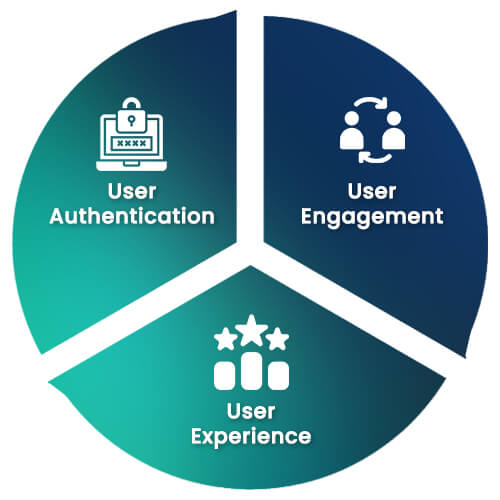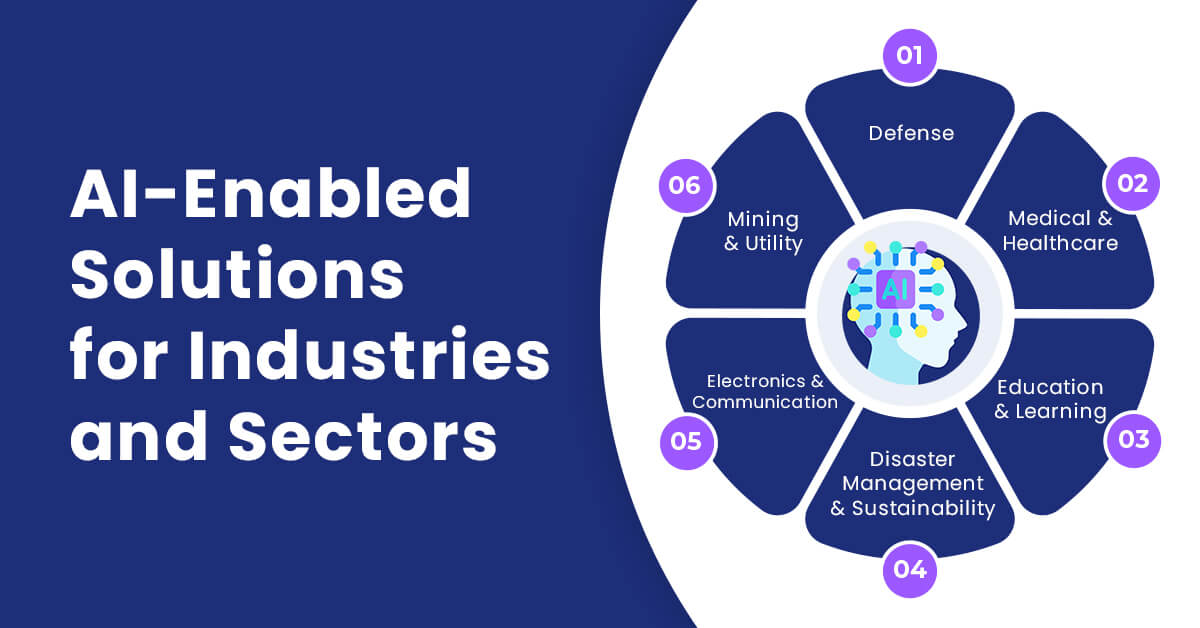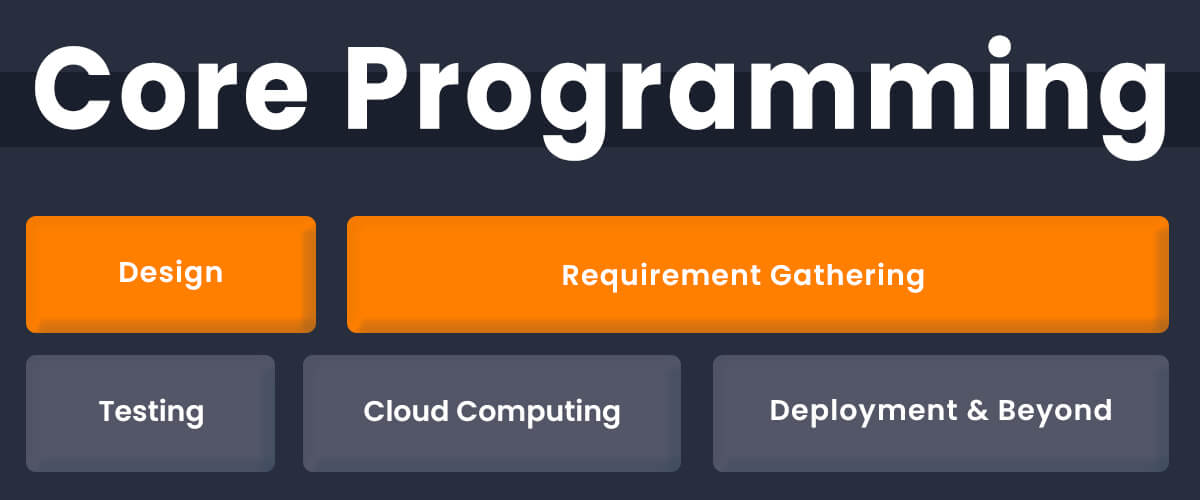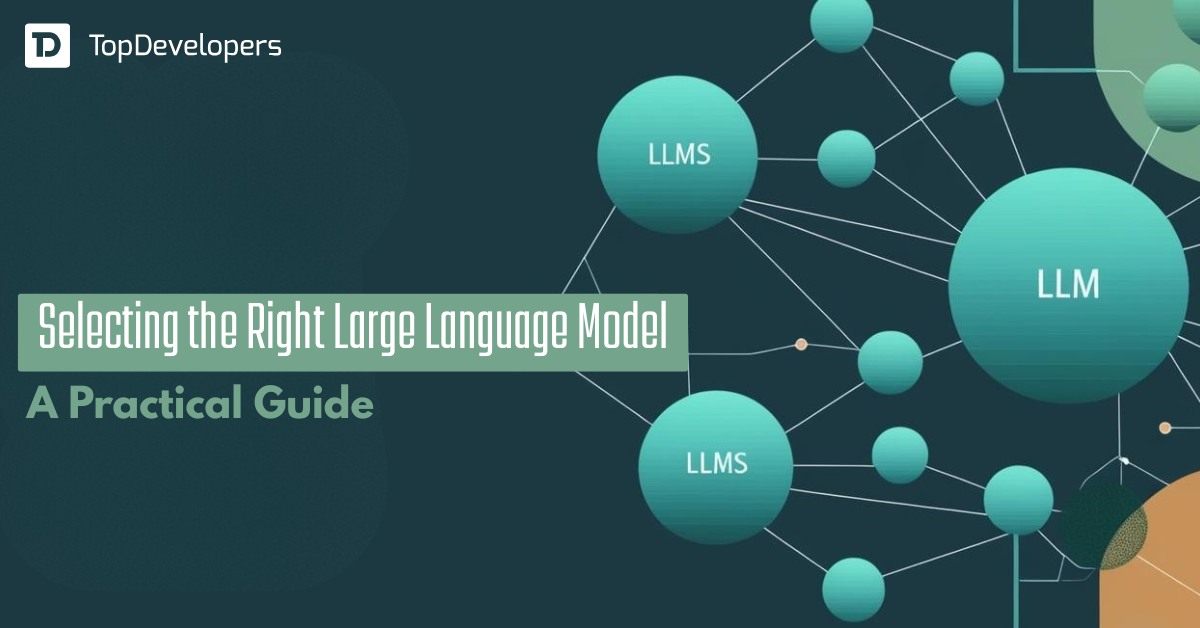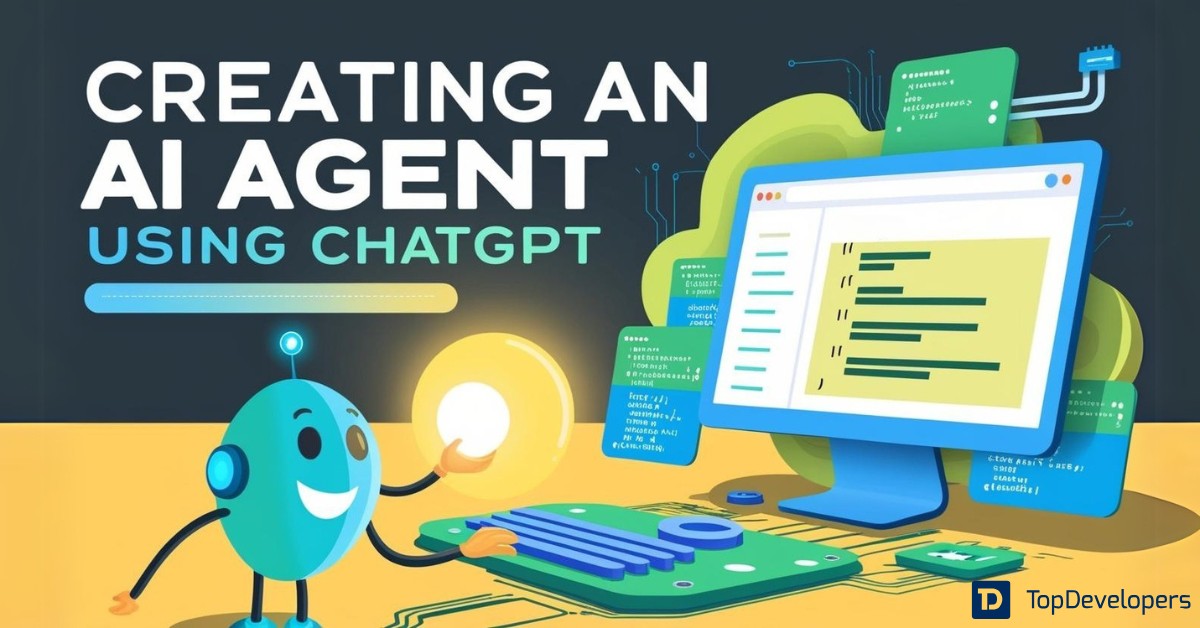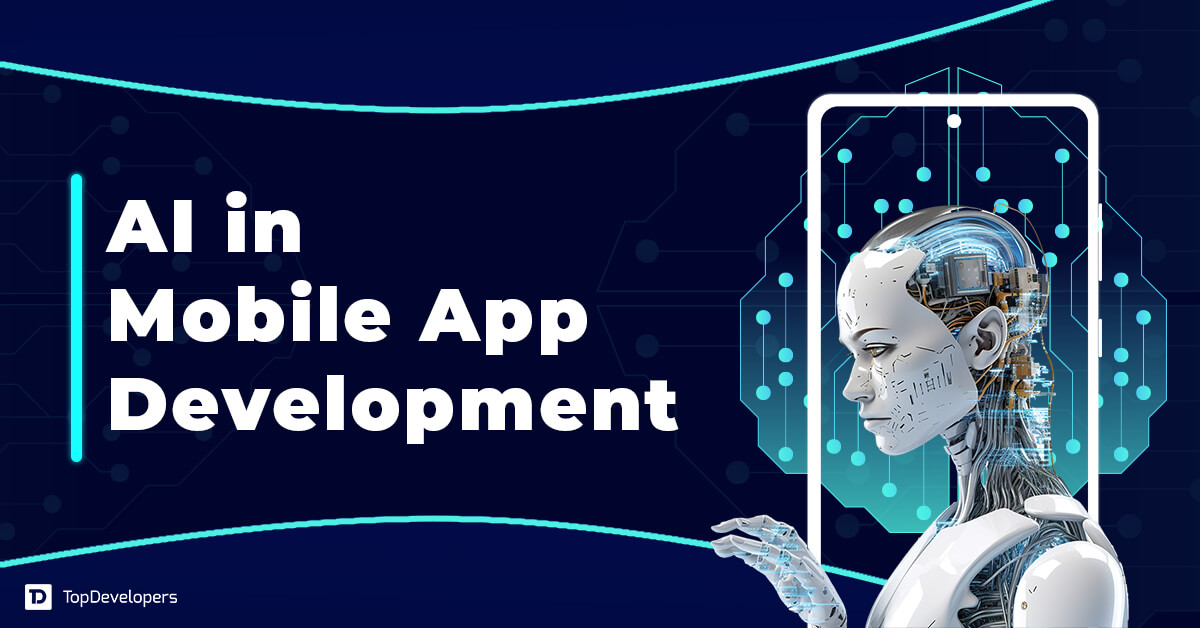
Artificial Intelligence is a marvelous blend of engineering and science that makes machines intelligent and human-like thinkers. Witnessing the latest experiments, it is not exaggerated to say that scientists’ aim is to surpass human-level intelligence as machines can think and take decisions on their own and can work tirelessly to fulfill their tasks. There are many best artificial intelligence companies in constant efforts to use AI-enabled mobile apps and software to build customized solutions for any industry vertical under the sun.
Table of Contents
What is Artificial Intelligence (AI)– a bookish definition
There are many definitions coined for AI over the past decade; nevertheless, Britannica defines it as “the ability of a digital computer or computer-controlled robot to perform tasks commonly associated with intelligent beings.”
The History of Artificial Intelligence
The history of AI dates back to the 1950s wherein Alan Turing imagined that machines could communicate through typed messages. The term Artificial Intelligence was coined in mid-1955 by Marvin Minsky of MIT and a group of computer scientists during the Dartmouth College workshop, which many consider the birthplace of AI.
In the following years, several laboratories were set in Stanford, MIT, and Carnegie Mellon to delve deeper into artificial intelligence and its prospects. Minsky had a multifaceted approach combining several sciences and engineering for AI as reflected in Minsky’s highly influential paper Steps Toward Artificial Intelligence (Minsky, 1961).
Though the next several years witnessed a wide range of advanced AI, the first breakthrough many believe was when AI-enabled machines were used to divide complex problems into smaller sets and solve them with ease (Slagle, 1961).
During the mid-1980s, the progress stalled.
Remarkable progress was again initiated when IBM’s Watson program beat the best human players in the TV game show Jeopardy in 2011. This was the result of a notable advancement in the field as AI was specifically used to fuel and handle an explosion of data, ever-increasing computer/machine power, and newer highly-cognizant bot algorithms such as neural networks and deep machine learning.
The AI-enabled tools and machines then started demonstrating their mightiness as in 2015, Google’s AlphaGo defeated the grandmaster of the game, and in 2017, the same machine knocked off the number one-ranked human player that was considered impossible by many experts.
Today, Artificial Intelligence has been used not only to make machines powerful and smart but there has been also a noteworthy advancement in mobile and web app development. It is not uncommon to use AI-enabled software to increase sales and grow business.
The Future of AI Technology: User-Specific
The future of technology is one where Artificial Intelligence is neatly integrated across the Information Technology sector. This means any IT solution built for any industry would likely have AI at its helm to enable customization and enhance tool’s capabilities. This prediction is evident even today as AI and Machine Learning are rapidly transforming the traditional way of computer programming. It will lead to the development of more sophisticated software applications. Gauging the popularity and promising future in software solutions, businesses partnering with top AI Development companies will have a strategic advantage to stay ahead of the curve and unlock the full potential of AI for their specific needs.
The future of Artificial Intelligence is in the hands of AI researchers and they are leaving no stone unturned in using the technology to create hallmarks in numerous industry and manufacturing sectors.
Three core tasks that drive any business today are powered by Artificial Intelligence today and will thrive in the future are here –
User Authentication
User authentication is a part of security for any mobile or web app. With 5.4 billion malware attacks worldwide annually, it is of paramount importance that users should be authenticated stringently.
In the future, Artificial Intelligence is expected to be extensively used for below mentioned recognitions –
- Facial recognition
- Speech recognition
- Object recognition
- Biometric recognition
- Image recognition
Such recognitions allow software intelligence to authenticate the users and hence help keep malware and other suspicious accesses at bay.
User Engagement
The future of AI is bright because from recommendation to user engagement, Artificial Intelligence technology will pave its way to keep users busy on business applications that showcase the company’s products and services. In other words, AI has been helping your users to engage and interact with your applications which, in turn, reduces the bounce rate. More engagement directly means more use of the application where the chances of conversation increase manifold. As the future of AI, most apps shall be customized to integrate this technology to improve user engagement.
User Experience
Billions of dollars have been put into UI/UX research. Most of the research conducted today primarily focuses on AI algorithms to know human behavior and choices. Here are some of the capabilities of artificial intelligence used to improve UX.
- AI algorithms: Algorithms specific to check and trace user behavior as they browse the website or application. The movement of cursors, tapping or pressing the buttons, and even eye movements are being traced to learn the user’s pattern and choices on the UI.
- AI predictions: The predictions through the artificial intelligence of a software, web, or mobile system help choose specific features, facilities, and components on the user interface and the application’s other pages. Furthermore, AI can also recommend foolproof business strategies through user data. That way, you can improve user experience by providing your users with what they want in the future.
- AI solutions: Artificial Intelligence solutions have no limits in serving astounding features on a mobile application and website. The recent feather on the cap is an AI-enabled chatbot such as ChatGPT and Google Bard. They help render the best user experience by addressing customers’ concerns and questions just in time 24/7.
Future of AI: Strategic and Analytical
The fifth generation is knocking on the door. This generation surpasses all its predecessors by a long margin as it combines a deep analytical study of unstructured data and knowledge-based AI to offer decision-making support and AI System as a Service [Mercier-Laurent E. Implementing Horizon Europe, 11th Innovation Summit, Feb 2020].
The evolution of AI has passed four generations and AI experts predict the AI revolution to be the most intensifying in the coming decade. The future of AI technologies lies in future robots (microbots and cyborgs) as well as algorithms of computer programming.
Most AI systems are based on common research and technology and are equipped to accomplish specific tasks; nevertheless, each AI-enabled application asks for years of focused research with careful strategies.
Major AI technology companies such as Meta, Google, and Microsoft are in constant efforts to build terrific autonomous AI systems that will outperform human intelligence and cognition; nevertheless, precautions will be taken to control AI for it will have its own decision-making power.
Some of the projects that shall progress in the future of AI technology include –
- Neural-network-based music generator
- Robots learning dexterity for performing crucial tasks
- Multi-agents learning ability
- Automated text and video generation
- Learning empathy and sentiments
- AI-enabled multiverse and metaverse
These projects could belong to a specific industry or AI features in general. It is worth noting that the future of AI technology would revolutionize all industries; nevertheless, here are some of the premium industries where a lot of work on AI-enabled mobile software applications and machines has been thought of and is being worked upon –
The above-mentioned sectors chiefly attract governments from all over the world to invest in AI research and development to handle their nationwide progress or even calamities. For instance, disasters such as Fukushima and Chornobyl taught us the grave need for small flying robots that can analyze catastrophic damage and collect data from sites that humans cannot access.
Governments are now at a crucial stage wherein deploying AI-powered technologies to facilitate industrial development and services is nearing to overshadow democratic values.
The unprecedented covid pandemic destructed the worldwide healthcare infrastructure in a few months. AI-enabled surgery robots and medical assistants can significantly help perform healthcare services without being affected by any deadly contagion. Various AI products have been thought of in the future to compile and work on the rudiments of cyber-physical systems for digital twins and the human-machine co-bots concept.
While for the above sectors, governments worldwide spare budgets of zillions of dollars in AI research and development, private companies do not fail to keep pace in other sectors such as –
- Banking and Finance
- Retail and eCommerce
- Food and grocery delivery
- Beauty and cosmetics
- Real estate and rentals
- Tours and travels
- Ticket booking
- Transportation and logistics
- Music and entertainment (streaming)
Even further, AI has become a central force for almost all industries and more research is put in place to make machines human-friendly. There shall be creative ways to build interactive and scalable techniques for masters to teach or train their AI-enabled machines and devices. Some of the areas where the future of AI is drawing everybody’s attention include –
- Large-scale machine learning
- Deep learning
- Reinforcement learning
- Robotics
- Computer vision
- Human computation
- Natural language processing
- Internet of Things
- Neuromorphic computing
The Future of AI Technology: Software Development
The future technology would have Artificial Intelligence neatly integrated across the Information Technology sector. That said, any IT solution built for any industry would have AI at its helm for customization. The prediction is evident even today as AI and ML have taken over the traditional way of computer programming to build software applications.
According to Markets and Markets Research, AI is likely to expand at a whooping CAGR of 36.2% from USD 86.9 bn USD to an astounding 407.0 bn USD by 2027. The same webpage expects terrific opportunities in the global AI market in the coming years.
Already, there are advanced tools available that help artificial intelligence developers excel in their skills. The tools include –
- Scikit Learn
- PyTorch
- TensorFlow
- AutoML
- Google MLKit
- Caffe
- Apache MXNet
- Keras
- CNTK
- OpenNN
- H2O
The future of AI technology should see more such tools with advanced features and facilities.
It is inevitable that the impact of AI in the information technology field would change the dynamics of how web and mobile app development happens. AI would take the lead in the future not just to streamline the entire software development life cycle (SDLC), but also to assure quality and customization without missing any crucial piece of instruction.
Here is what the future of AI technology will have for software development –
Requirement Gathering
Requirement analysis and gathering, a conceptual phase of SDLC, needs maximum human inputs and the future of AI technology is likely to ease it absolutely. The AI shall offer a wide range of tools that will help automate most processes to minimize human intervention. Though tools such as Google ML Kit do the job today, in the future AI-enabled systems shall be more powerful and efficient. Natural Language Processing (NLP) will enable machines to grasp user requirements and automatically craft high-class software models.
Design
UI/UX designers today take the help of various tools to come up with unique designs. Still, it is not uncommon to have flaws, though trivial. The future AI technology should render unique designs through AIDA (Artificial Intelligence Design Assistance) by understanding and learning pre-defined business objectives and stakeholders’ inputs. The clients shall get what exactly they want through AI-enabled designing for mobile and web apps.
Core Programming
A lot depends on programming because it is the heart of the entire development process wherein functionalities are added to design components on the UI for the best possible user experience. AI-enabled programming shall reduce the code errors that are quite common when human developers program an application. Artificial intelligence in the future shall understand an app idea, work on its feasibility of its own, and convert it into an executable code that is almost free from future escalations.
AI Improved Cloud Computing
Artificial Intelligence is the next big thing in cloud computing because experts opine that the latest technology would improve the management of data, find patterns, and in-depth analysis through an array of information. AI is likely to induce a self-managing cloud technology which will be quite useful when data is growing every minute, enormously. With AI, companies could perform seamless data management while cutting down costs yet implementing intelligent automation of any size and type of database.
AI-Powered Testing
Testing is the last and most crucial stage of the entire development process because this is the phase where the efficiency of a product is tested to the core. Stringent measures are taken to make sure that the final product functions flawlessly and is free from bugs. A wide range of tools will be available in the future to automate testing as they would be machine-learning-based AI testing platforms leaving literally no scope for any error.
Deployment and Beyond
Erroneous deployment of applications ruins the product as users find it difficult to utilize the product for what it is meant. Artificial intelligence can help deploy the application, be it software, mobile app, or website, on a predefined network or platform with calculated measures. Hence, errors are negligible with AI-enabled product deployment. Further, maintenance of the product can with automated updates and debugging could take off the worry of its regular upgrades.
The Future is Near!
Advancements in artificial intelligence are observed at an unprecedented pace and IT outsourcing companies are swift to adopt the latest trend to include in their practices. That said, top developers would leverage the benefits of the latest AI tools to build front and backend to customize a product that not only accelerates sales but also provide an unparalleled user experience assuring the super success of the product.
 Avantika Shergil
| Mar 10, 2023
Avantika Shergil
| Mar 10, 2023
Avantika Shergil is a technology enthusiast and thought leader with deep expertise in software development and web technologies. With over 8 years of experience analyzing and evaluating cutting-edge digital solutions, Avantika has a knack for demystifying complex tech trends. Her insights into modern programming frameworks, system architecture, and web innovation have empowered businesses to make informed decisions in the ever-evolving tech landscape. Avantika is passionate about bridging the gap between technology and business strategy, helping businesses build customized software and website, and understand about different tools to leverage effectively for their ventures. Explore her work for a unique perspective on the future of digital innovation.
